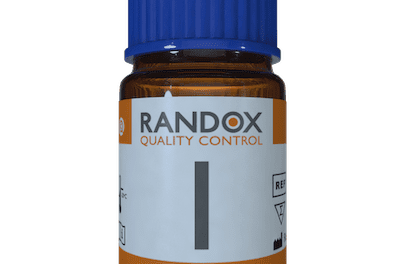This is a companion article to “The Need for Point-of-Care HbA1c Testing for Diabetes.”
According to the American Diabetes Association (ADA), continuing care for all diabetic patients should involve routine HbA1c tests. For patients who are meeting treatment goals and have stable glycemic control, ADA currently recommends performing A1c testing at least two times a year. For patients whose therapy has changed, or those who are not meeting glycemic goals, quarterly A1c testing is recommended.9 However, clinical situation, treatment regimen, and clinician’s judgment should dictate testing frequency; among unstable or intensively managed patients, A1c testing may need to be performed more often than every 3 months.9
Other major healthcare organizations—including the American Association of Clinical Endocrinologists/American College of Endocrinology, Centers for Disease Control and Prevention, and the National Institute of Diabetes and Digestive and Kidney Diseases—all promote the same frequency of A1c testing as recommended by ADA.28–30
Point-of-care testing for A1c offers an opportunity for more timely treatment adjustments, while patients are still face-to-face with their physicians, making it easier for providers to tailor treatment protocols to individual patients.18




